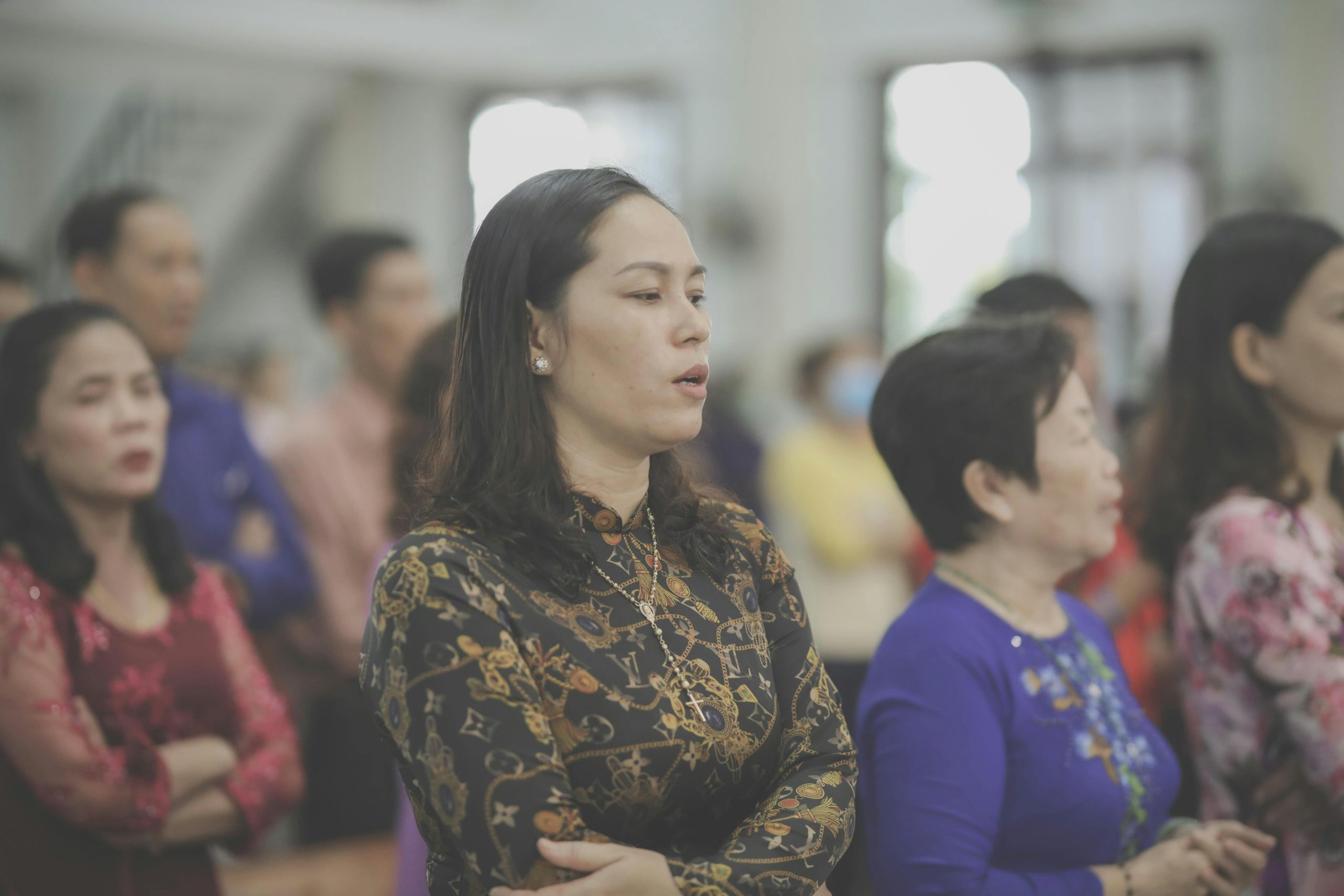US Visa Revocations Targeting People From China Create Major Travel And Education Disruptions - Travel And Tour World
Thursday, May 29, 2025

The US government has launched a decisive campaign to revoke visas of students from China, citing growing national security concerns and fears of connections to the Chinese government or involvement in sensitive academic fields. This move aims to prevent potential risks related to espionage and intellectual property theft but has sparked widespread uncertainty and anxiety among students, universities, and international communities. With over a quarter of all international students in the US coming from China, these visa restrictions not only disrupt travel and educational plans but also threaten long-standing academic collaborations and cultural exchange between the two countries.
In a significant move that has sent ripples across academic communities, US Secretary of State Marco Rubio announced on Wednesday that the United States will begin revoking visas for certain Chinese students. The policy targets those who have connections with the Chinese Communist Party (CCP) or are pursuing studies in sensitive or critical fields deemed vital to national security.
This policy marks a new chapter in the ongoing scrutiny of Chinese nationals studying in America, a demographic that constitutes one of the largest groups of international students across US colleges and universities.
China stands as the second-largest source of international students in the US, with over 270,000 Chinese nationals enrolled during the 2023–2024 academic year. This population accounts for nearly a quarter of all international students studying across American institutions, underscoring their substantial presence on campuses nationwide.
These students contribute significantly not only to the diversity of academic communities but also to research advancements, especially in STEM (science, technology, engineering, and mathematics) fields. However, the new visa policies place many of these students in an increasingly precarious situation, adding layers of uncertainty to their educational and personal futures in the US.
Rubio’s announcement follows a series of recent actions by the US government that have stirred unease among international students broadly, not just those from China. Just a day before Rubio’s statement, the State Department announced a suspension on scheduling new visa interviews for international students while it drafts more stringent guidelines for visa approvals. These measures reportedly include heightened monitoring of applicants’ social media activity, an unprecedented level of scrutiny that many find invasive.
Such developments come amidst already heightened tensions for foreign students in the US, particularly under the policies that took shape during former President Donald Trump’s administration. Critics argue that the administration has leveraged national security concerns as justification to curtail the number of international students, especially those from China, citing fears of espionage or intellectual property theft.
The increasing restrictions and surveillance have left many international students feeling vulnerable, uncertain about their legal status, and concerned about how they are perceived on American campuses. The environment of suspicion has created a sense of instability, affecting students’ mental health and academic performance.
These visa revocations occur in the backdrop of a broader and contentious legal and political struggle over the role and rights of international students in the US. Just days prior to Rubio’s announcement, the Trump administration attempted to prevent Harvard University from enrolling any new international students. This aggressive move was met with immediate resistance and was subsequently paused by a federal judge who ruled that litigation must first resolve the issue.
President Trump publicly defended this controversial policy, framing it as a necessary step to protect US interests. This stance has drawn sharp criticism from university officials, civil rights advocates, and international education experts, who warn that such measures undermine the openness and diversity that have long been hallmarks of American higher education.
Moreover, the Trump administration has already faced backlash over earlier immigration actions targeting international students. One notable episode involved the arrest and attempted deportation of several students who participated in pro-Palestine protests on US campuses, raising concerns over freedom of expression and due process.
In another case, thousands of international students faced abrupt termination of legal protections that allowed them to remain in the US during the COVID-19 pandemic, only for some of these protections to be partially reinstated later amid public outcry. These erratic policy changes have left many students and their families anxious about their futures, unsure of how to plan ahead or trust the system.
The ongoing visa restrictions and revocations are not only administrative hurdles but carry significant personal and professional consequences for international students. Many face the threat of losing their legal status, which could force them to leave the US before completing their degrees or disrupt research projects critical to their academic and career goals.
Safety concerns have also intensified, as students fear increased scrutiny could lead to unwarranted harassment or surveillance, both on and off campus. Some worry that their affiliations or social media activity—often shared innocently—might be misinterpreted, resulting in visa denials or revocations.
For Chinese students in particular, these policies may exacerbate feelings of isolation and stigma. Many have invested considerable resources and effort to study in the US, hoping to gain global exposure and advanced skills. Now, with their status uncertain, they must navigate an environment that increasingly views them through the lens of suspicion.
The move to revoke visas for Chinese students involved with the CCP or critical fields reflects broader geopolitical tensions between the US and China. As the two countries compete for technological and strategic advantages, the US government appears intent on tightening controls over knowledge transfer and preventing potential intellectual property risks.
However, this approach risks alienating a vital segment of the international student population, whose contributions have enriched American universities for decades. Many experts warn that aggressive visa restrictions could damage the US’s reputation as a global education leader and hinder cross-cultural exchange.
Universities rely heavily on international students, who not only bring academic excellence but also contribute billions of dollars annually to local economies through tuition fees and living expenses. A decline in Chinese student enrollment could have far-reaching economic and academic repercussions.
Secretary of State Marco Rubio’s announcement marks a decisive step in the US government’s tightening visa policies targeting Chinese students with suspected links to the CCP or involvement in sensitive academic fields. While framed as a national security measure, the policy raises profound concerns about academic freedom, international collaboration, and the well-being of thousands of students.
As the State Department moves forward with “aggressive” visa revocations and heightened scrutiny, the international student community faces growing uncertainty about their place and future in the United States. The ongoing legal battles and administrative changes highlight the complex and often fraught relationship between immigration policy, national security, and higher education in today’s global landscape.
The US is revoking visas of students from China to address national security risks linked to sensitive fields and government ties, causing significant travel and education disruptions. This crackdown aims to protect intellectual property but fuels uncertainty for thousands of students.
For Chinese students and others caught in this shifting environment, the path ahead remains unclear, marked by concerns over legal status, personal safety, and the ability to pursue their academic ambitions on American soil.








